
World’s Rarest Blood Type Discovered—Only One Woman Has It
In a world of over 8 billion people, one woman stands out - not for her fame, wealth, or achievements, but because of what flows through her veins. Scientists have discovered a previously unknown blood type, and as of now, only one person on the planet possesses it. Dubbed “Gwada negative”, this mysterious blood has defied medical classification, puzzled geneticists for years, and forced healthcare professionals to rethink the entire system of blood compatibility.
The woman, now 68 years old, lives with a genetic profile so rare that she cannot receive blood from any other human being. She is, quite literally, the only known person in the world who can donate blood to herself.
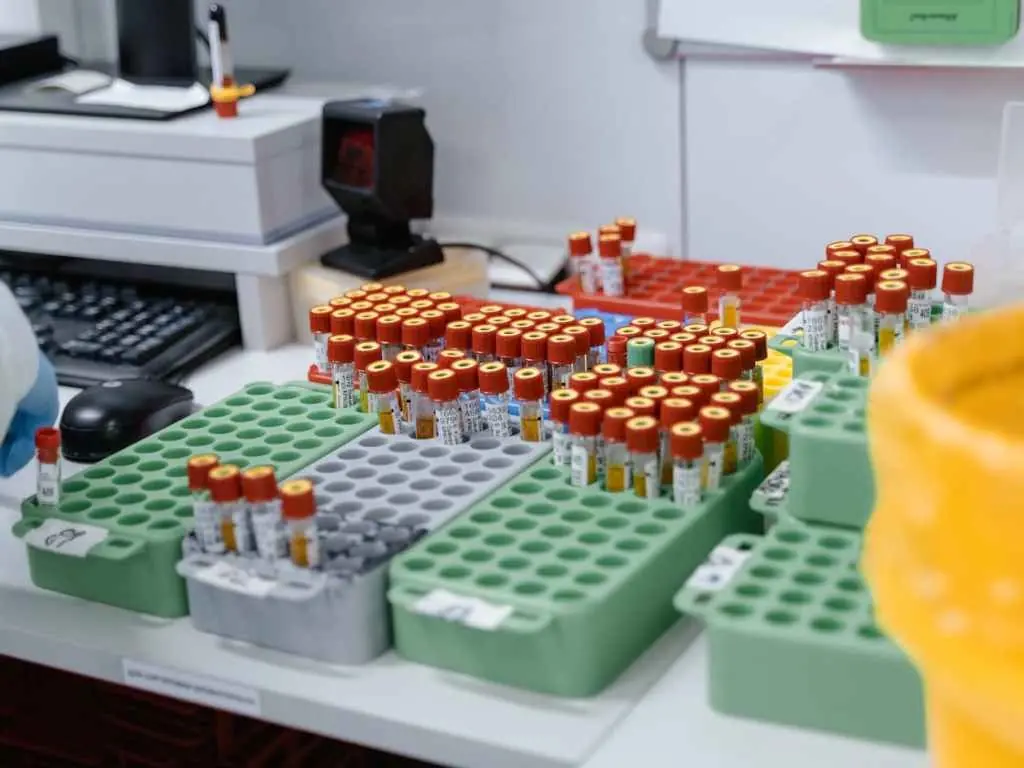
A Medical Mystery Begins With a Routine Blood Test
The extraordinary discovery began in 2011, in what was supposed to be a standard pre-operative blood test at a Paris hospital. At the time, the woman - originally from Guadeloupe, a French overseas territory in the Caribbean - was 54 years old and undergoing preparations for surgery.
Lab technicians quickly noticed irregularities in her blood sample. It contained antibodies and antigens that did not match any of the 47 known blood group systems. Standard classification methods failed, and even the most advanced blood typing protocols couldn't assign her a label.
The case stumped doctors and was archived as a medical anomaly - unsolved but not forgotten.
“She Is the Only Person in the World Compatible With Herself”
Those chilling words were spoken by Thierry Peyrard, a leading medical biologist who was part of the team that investigated the woman’s case. His declaration underlines a terrifying truth: in the event of an accident or major surgery, no other person on Earth can provide her with a safe blood transfusion.
Most people, even with rare blood types, have backup options. O-negative blood, often called the “universal donor,” is suitable in emergencies for the majority of people. But for this woman, even O-negative blood would be lethal. Her immune system would perceive it as a foreign threat, triggering a violent and potentially fatal immune response.
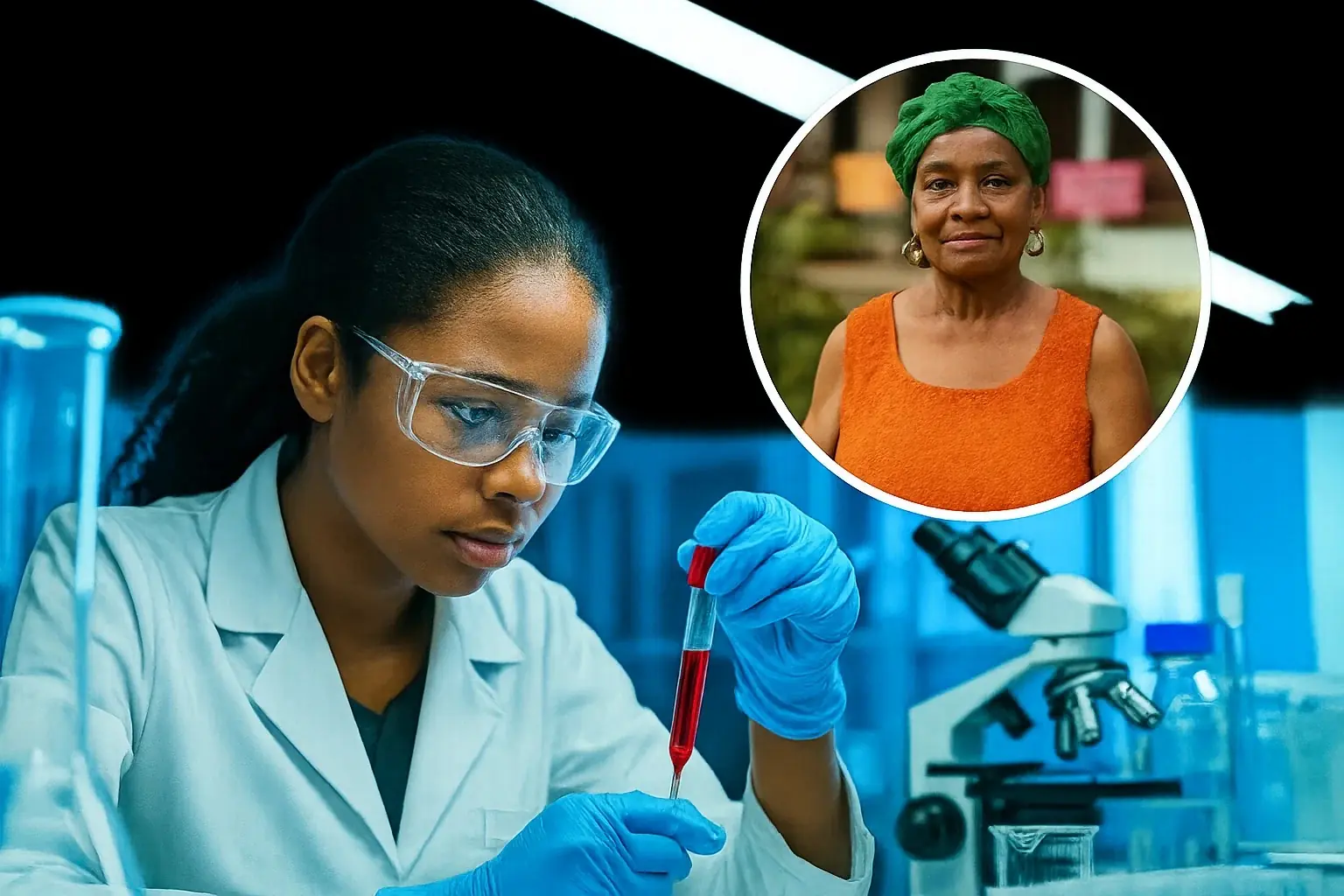
“Gwada Negative”: The Name Behind the Rarity
After nearly a decade of research and breakthroughs in genetic sequencing, scientists identified the cause of the anomaly: a rare mutation in a gene called PIGZ, which affects how certain proteins attach to red blood cell surfaces.
The woman inherited two mutated copies of the PIGZ gene - one from each parent. Neither parent had the condition themselves but were silent carriers. When these two rare mutations combined in their daughter, it led to a completely novel blood signature.
In June 2025, the International Society of Blood Transfusion (ISBT) officially recognized this unique genetic makeup as the 48th blood group system and named it “Gwada negative”, paying tribute to her Caribbean roots. The name was chosen because it phonetically evokes “Guadeloupe” and remains easily pronounceable in various languages.
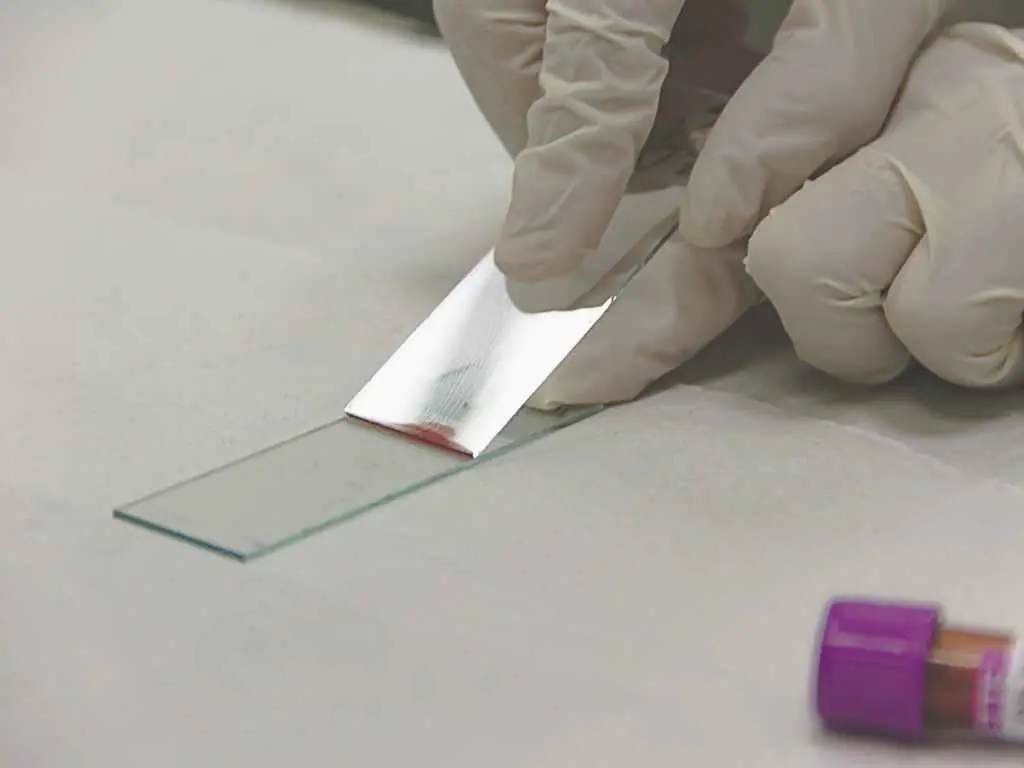
Eight Years of Silence - and Then, a Breakthrough
Between 2011 and 2019, the case remained unsolved due to the limitations of existing diagnostic tools. But by 2019, high-throughput DNA sequencing and genome analysis had advanced significantly.
A team of scientists at the French Blood Establishment (EFS) decided to reexamine the stored blood samples using new technology. After two years of genomic analysis, they finally cracked the code. The key mutation in the PIGZ gene alters the red blood cell’s surface structure so extensively that no known human immune system can tolerate it - except hers.
As Peyrard explained: “This discovery reshapes our understanding of blood compatibility. It’s not just a rare blood type - it’s a completely new system.”
When “Universal Donor” Doesn’t Apply
In standard medicine, O-negative blood is considered the go-to for emergencies because it lacks the antigens that commonly trigger immune responses. But for the woman with Gwada negative blood, there is no such safety net.
If she were to receive even a single unit of mismatched blood, her body could respond with hemolytic shock, organ failure, and even death. The immune system would launch a rapid attack on the foreign cells, leading to clotting, inflammation, and potentially fatal consequences.
This incompatibility extends beyond red blood cells. Plasma, platelets, and white blood cells from other donors would also be rejected, making even minor medical procedures a logistical and biological challenge.
Building a Blood Bank for One
Knowing her blood is incompatible with every other human presents practical concerns. To ensure survival, the woman must regularly donate her own blood, which is then stored for use in case of emergencies.
This practice, known as autologous donation, involves drawing, processing, and storing her blood in highly controlled conditions. The red blood cells can only be stored for up to 42 days, and frozen blood must be carefully rotated to maintain viability.
Her medical team has established a private blood bank - a system designed specifically around her needs. Every routine check-up, surgery, or even travel decision must consider this delicate blood supply chain.
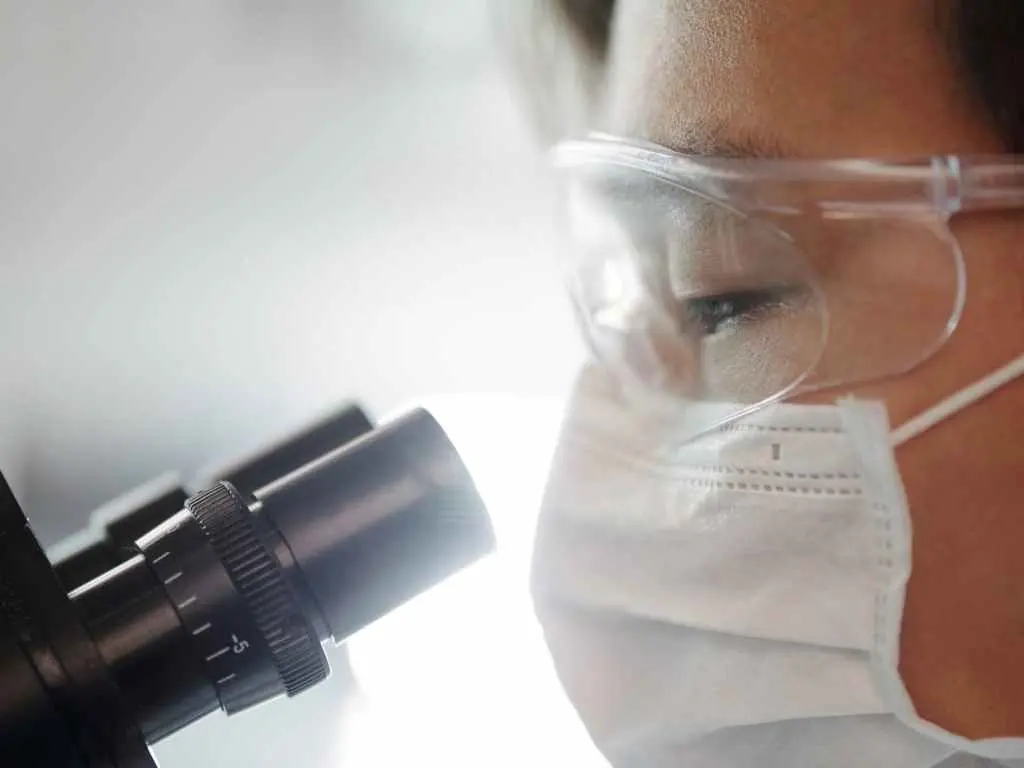
The Hunt for Others Like Her
Though she remains the only known case, scientists are hopeful that others with Gwada negative blood might exist, especially in genetically isolated populations. Guadeloupe and other Caribbean islands have complex genetic lineages shaped by migration, colonization, and indigenous ancestry.
Geneticists have begun to study blood samples from donors in Guadeloupe and surrounding regions in the hope of discovering another carrier - or better yet, a compatible match. Even one additional case could change this woman’s medical outlook dramatically, opening up possibilities for shared donations and treatment options.
Two Gene Mutations, One Unmatched Legacy
What makes Gwada negative blood so extraordinary isn’t just its uniqueness - it’s how it was inherited. While her parents were likely unaware of their genetic status, both passed on a rare variant of the same gene. Only when these two variants combined in their daughter did they produce something the scientific world had never seen.
This form of inheritance is a textbook example of recessive gene expression - but with life-altering implications. “It’s like winning the genetic lottery, except the prize is medical isolation,” one researcher remarked.
Beyond ABO: Blood Science Is More Complex Than You Think
Most people are familiar with the ABO system and Rh factor (positive or negative). But those systems only scratch the surface of blood compatibility.
Behind the scenes, scientists recognize dozens of antigen systems that impact how the body responds to transfusions. Each discovery leads to better matches, safer procedures, and a deeper understanding of human genetic diversity.
The 48th system - Gwada negative - is not just a rare footnote. It is proof that the human genome still holds medical secrets, waiting to be uncovered.
Living with the World’s Rarest Blood
From daily routines to life-threatening emergencies, the knowledge of having the world’s rarest blood type affects everything. Her medical ID must alert doctors to the impossibility of using donor blood. Every hospital visit requires special protocols, specialized teams, and contingency plans.
Her lifestyle must remain cautiously balanced between normalcy and preparedness. Travel is only possible to locations where her emergency blood supply can be managed or transported safely.
Despite this, her resilience has inspired her doctors and researchers alike. She remains in good health, and her case has catalyzed international research into rare blood types and the potential for synthetic alternatives.
A Glimpse Into the Future
This case could open doors for broader scientific advancements. Artificial blood development, once a concept of science fiction, is now gaining traction as a potential solution for people with rare or incompatible blood types. Stem cell research and gene-editing techniques also hold promise for creating tailor-made blood supplies.
Moreover, global blood databases are expanding, allowing researchers to identify rare donors and better prepare for unique cases like Gwada negative. With continued international cooperation, medical science may eventually ensure that no one has to face the kind of biological isolation this woman does today.
A Medical Marvel Hidden in Plain Sight
The woman with Gwada negative blood may not be famous, but her existence has already made an indelible mark on medical science. Her story serves as a reminder that human biology is more diverse and complex than we often realize. Somewhere in the vast sea of humanity, there may be others like her - hidden in remote communities, waiting to be discovered.
Until then, she remains a singular case in human history, with blood so unique that it may never be fully replicated again.
News in the same category

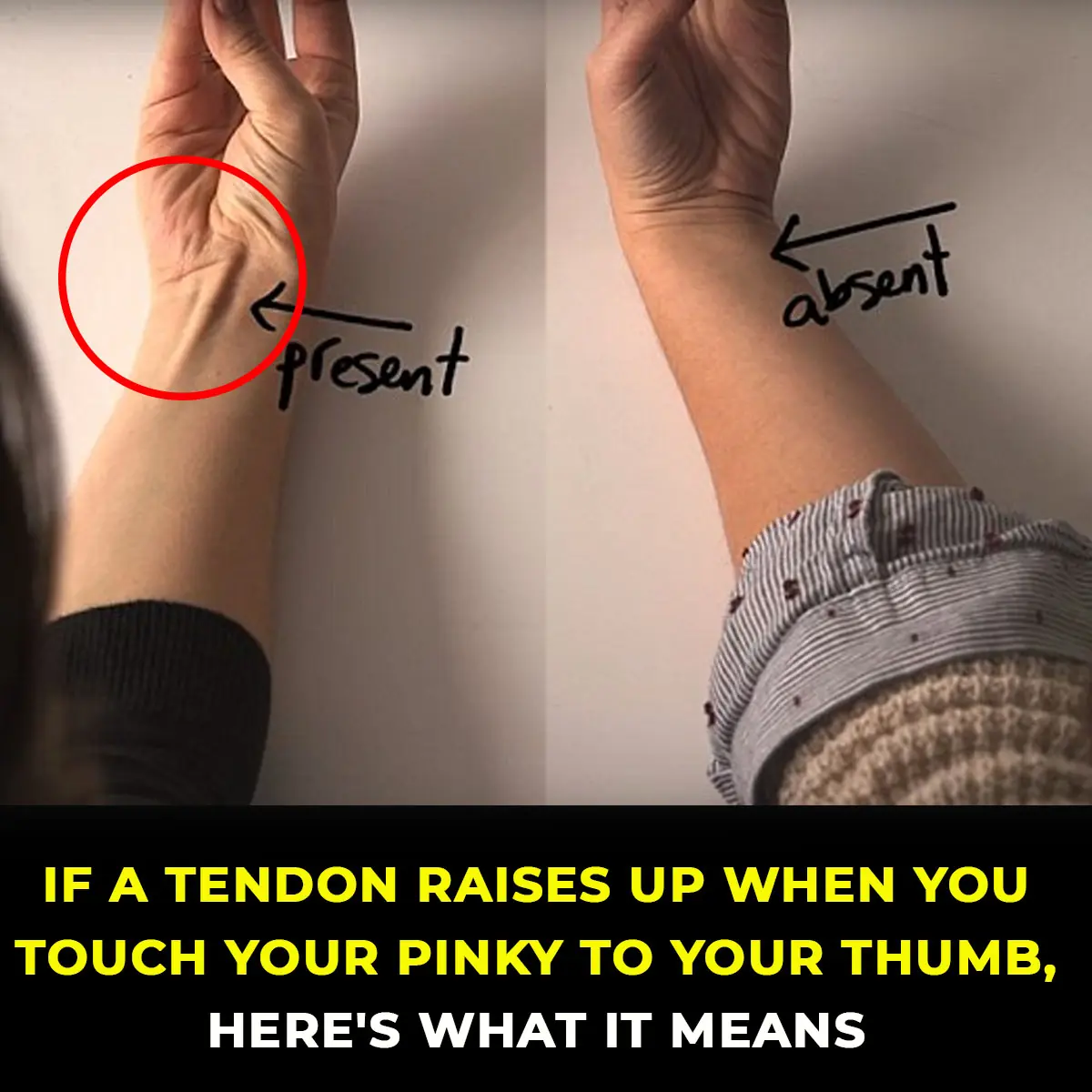
A Strange Tendon Reaction You Never Knew About – Just by Touching Your Pinky to Your Thumb

Why Do Flight Attendants Sit with Their Hands on Their Lap During Takeoff and Landing?
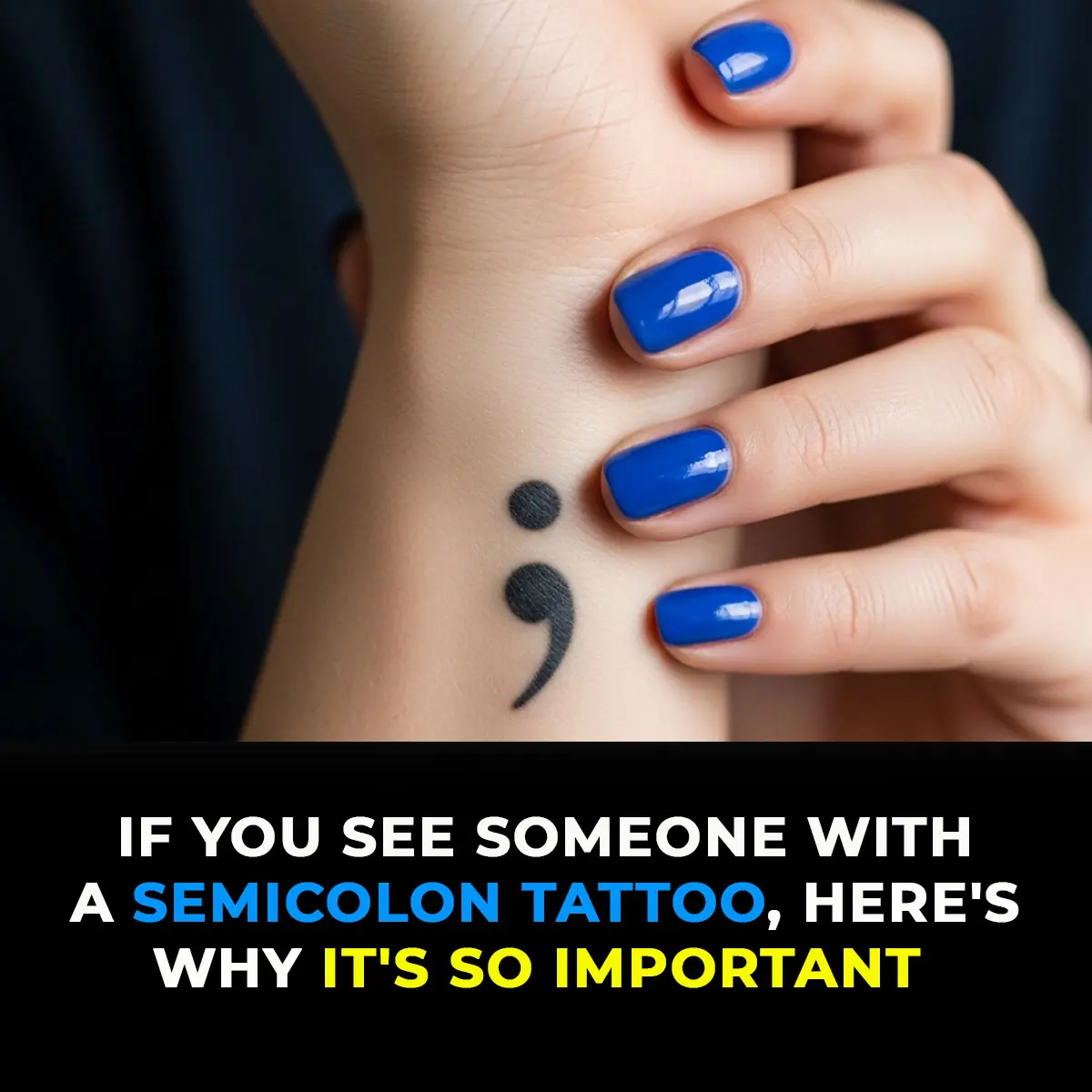
The Meaning Behind the Semicolon Tattoo – Why It’s More Important Than You Think
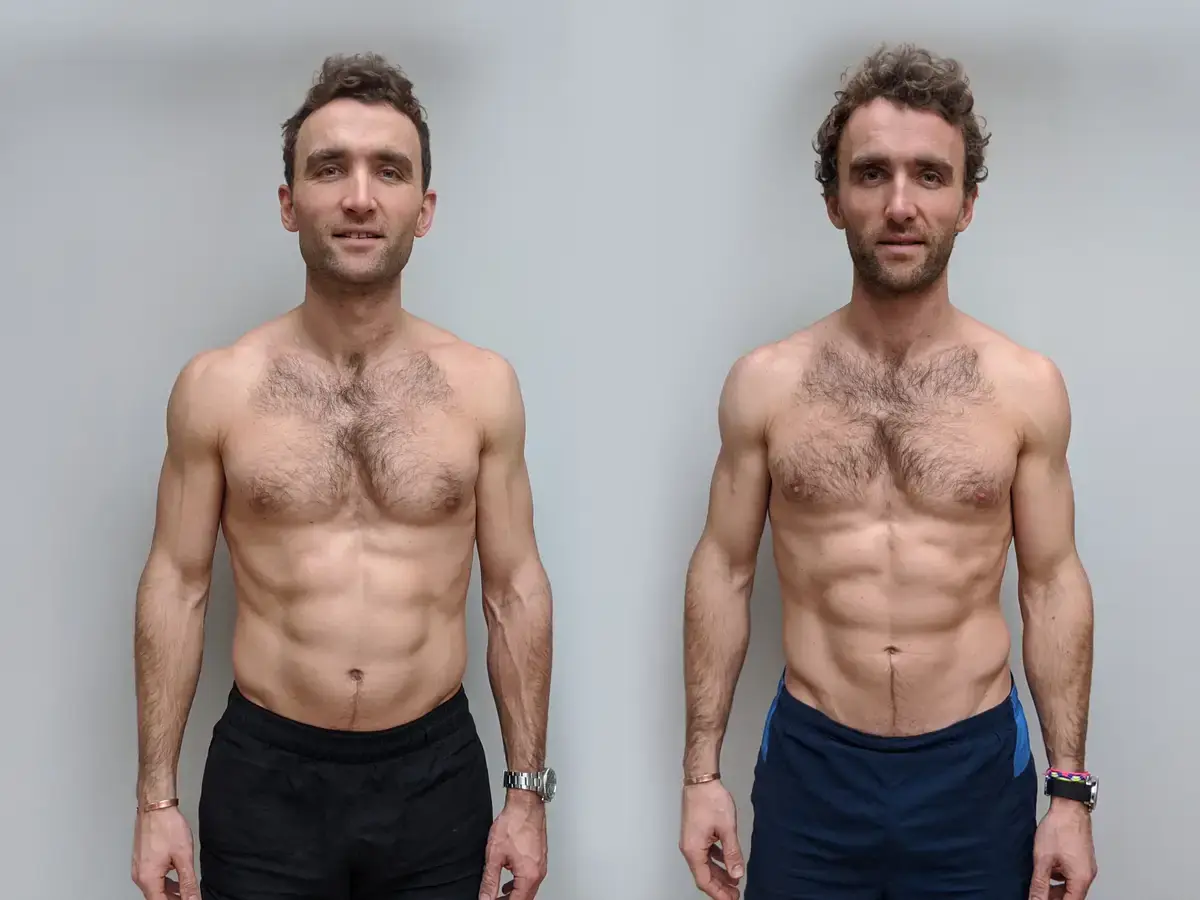
The Vegetarian vs. The Meat-Eater Twins: Which One is Healthier? Study Reveals the Surprising Outcome

It’s Over! Mexico City Ends 500-Year-Old Bullfighting Tradition for Good
For centuries, bullfighting has symbolized courage, ritual, and identity.

Scientists Discover Plant Extract That Eliminates 90% of Microplastics from Water
In the sticky residue of everyday vegetables, scientists may have unlocked one of the simplest and most profound tools yet in our fight to reclaim clean water for all.

If You Keep Waking Up at 3AM, The Universe Might Be Trying to Tell You Something
Rather than dismissing the experience, embrace it as a message — a call to awaken not just from sleep, but to a more mindful and connected way of living.

What Your Sleeping Position Really Reveals About Your Personality
Your sleep style is just one more beautiful, subconscious expression of who you are - no judgment, no pressure, just self-discovery one night at a time.
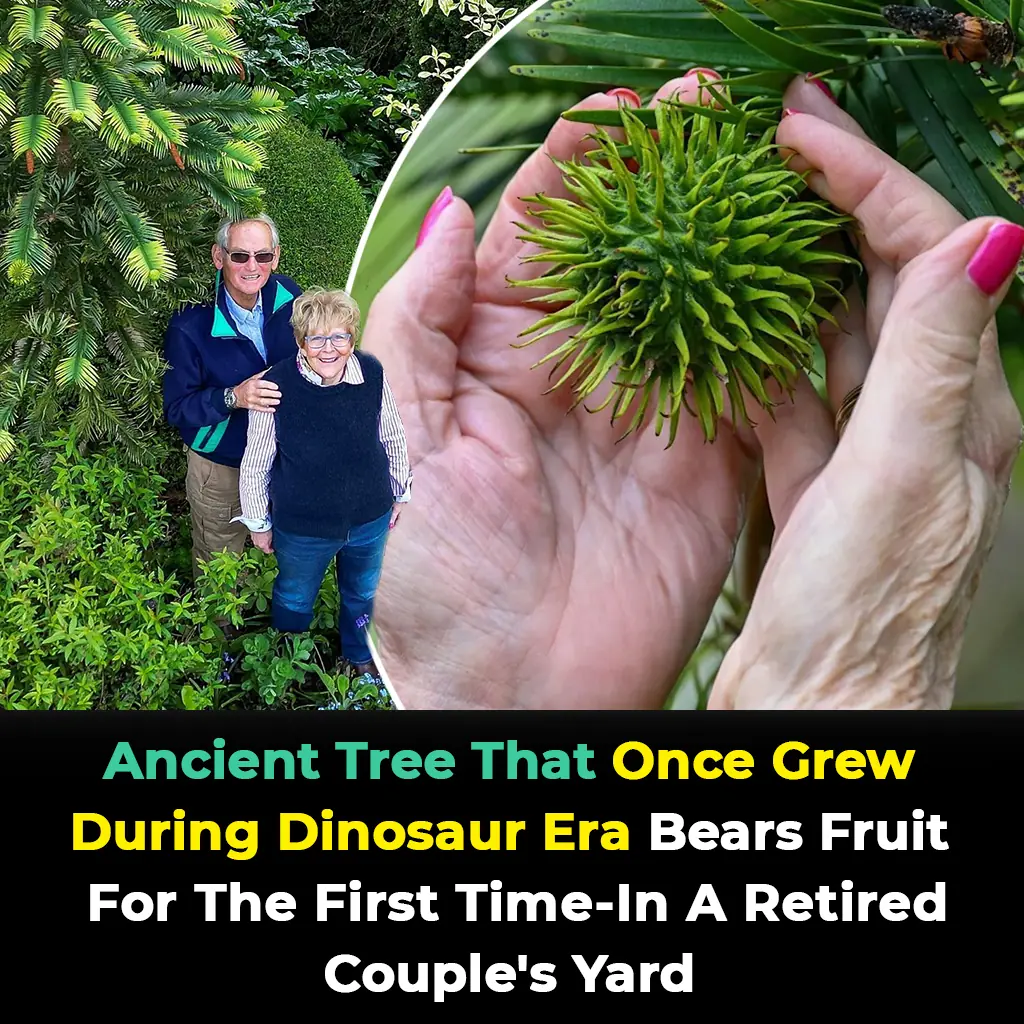
Tree From the Dinosaur Era Bears Fruit for the First Time—in a Retired Couple’s Backyard!
In an era defined by environmental decline and biodiversity loss, the Thompsons’ tree stands as a small but powerful victory.
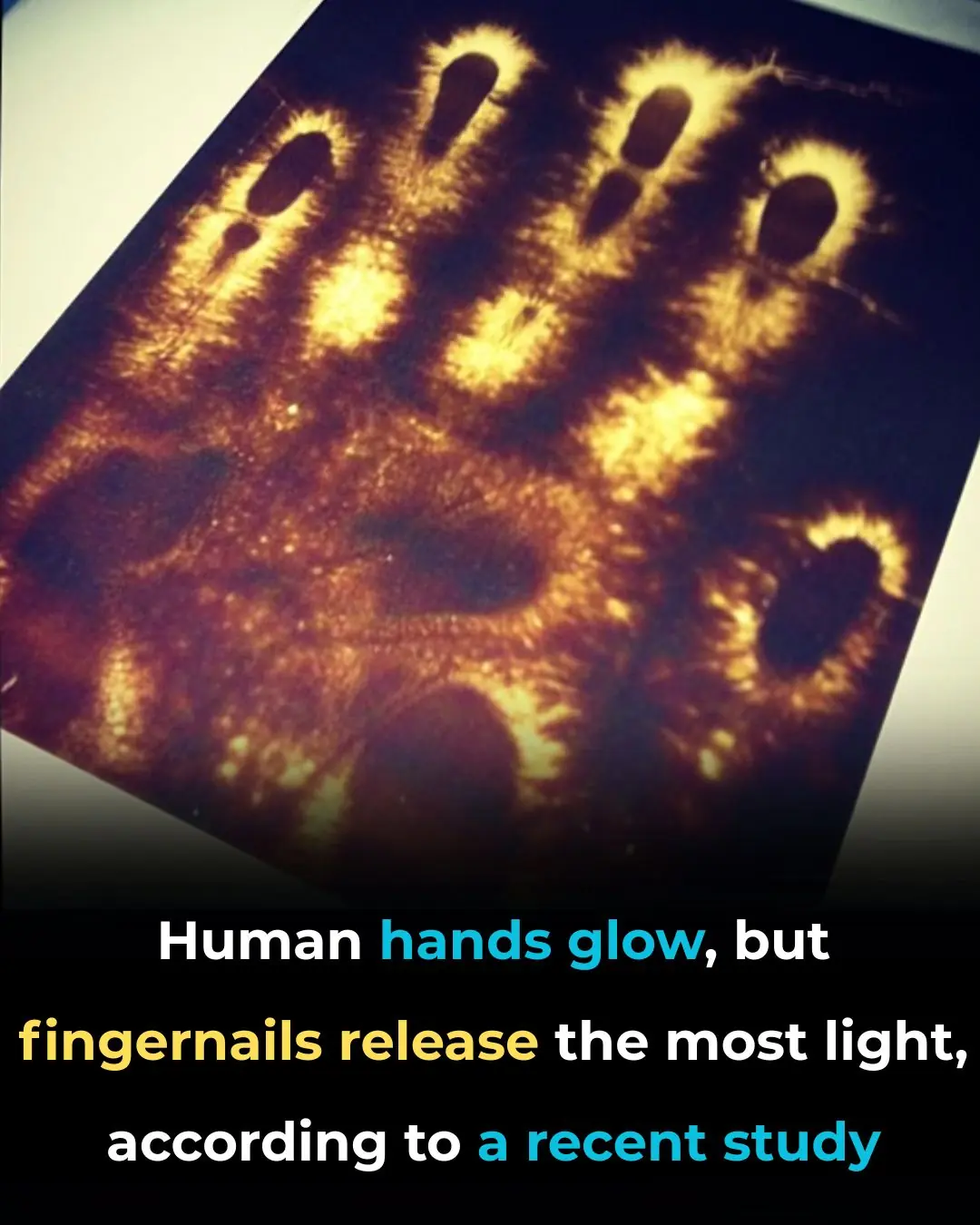
The Hidden Light In Your Hands That Shouldn’t Be Dimmed

Mosquitoes Rain From The Sky Over Hawaii—Scientists Explain Why

Nasa Tracks Plane-Sized Asteroid Speeding Toward Earth At 47,000 Mph
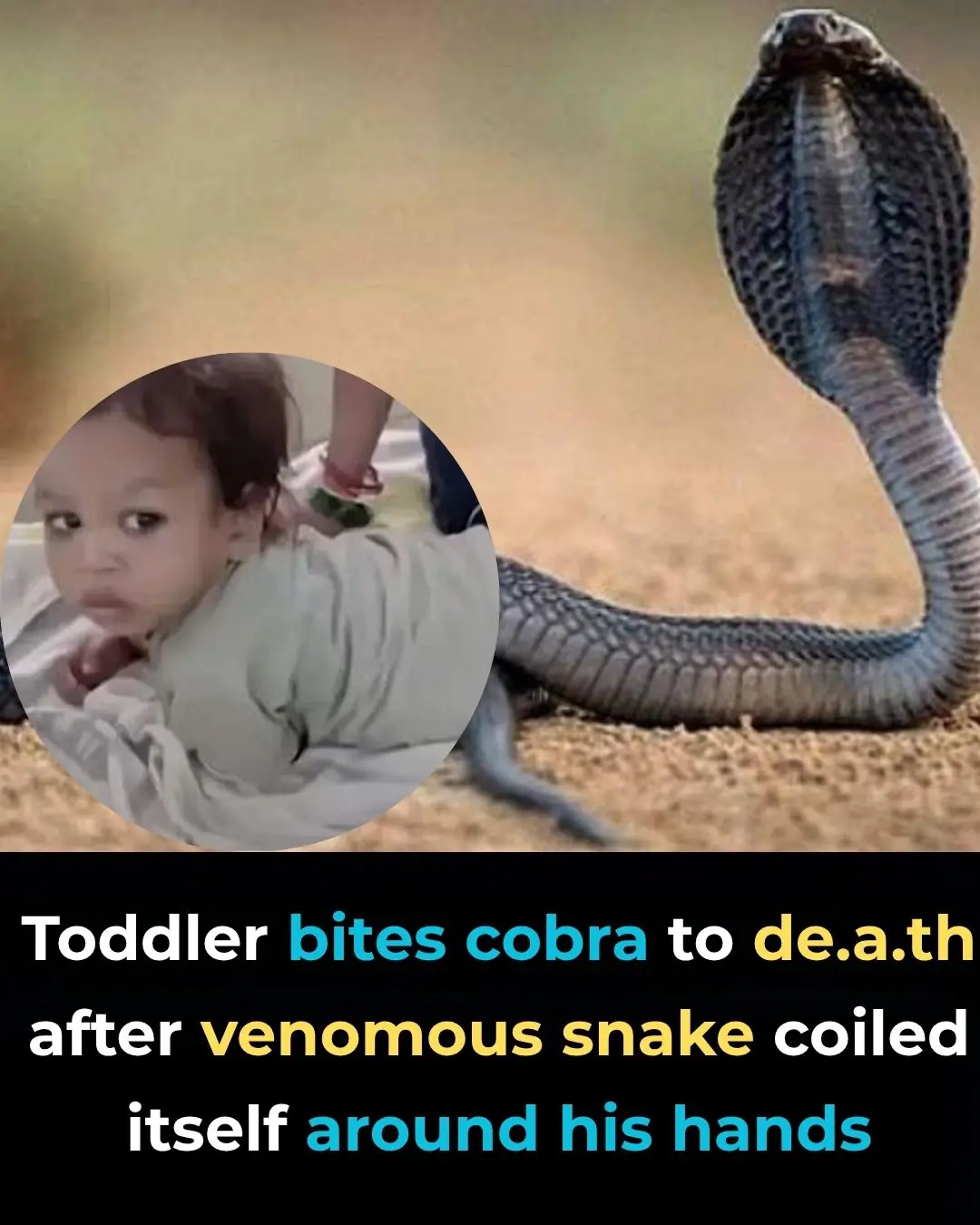
Two-Year-Old Boy Bites Cobra To Death After Snake Coils Around His Hands In India
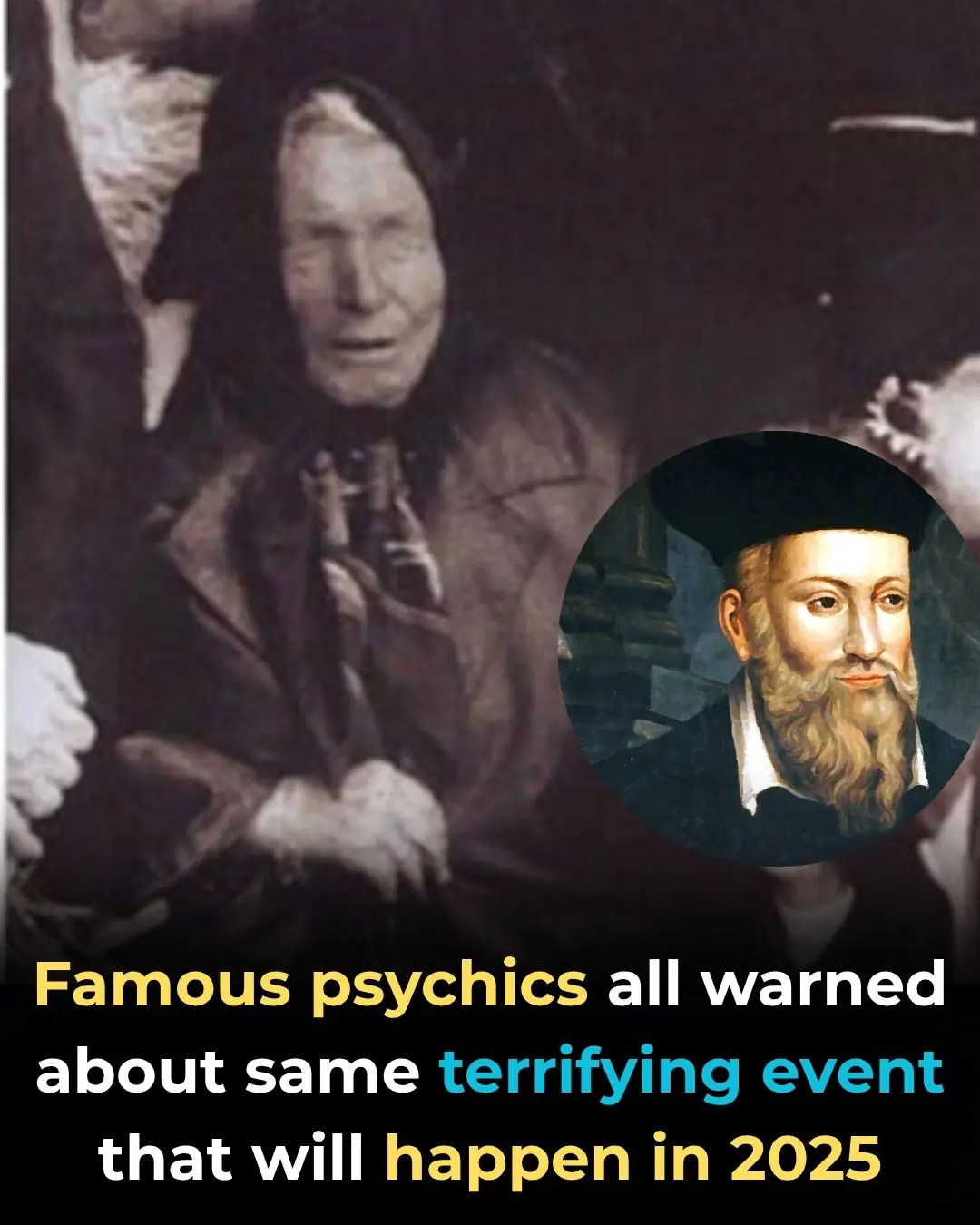
Four Famous Psychics Warn World War III Could Begin By End Of 2025
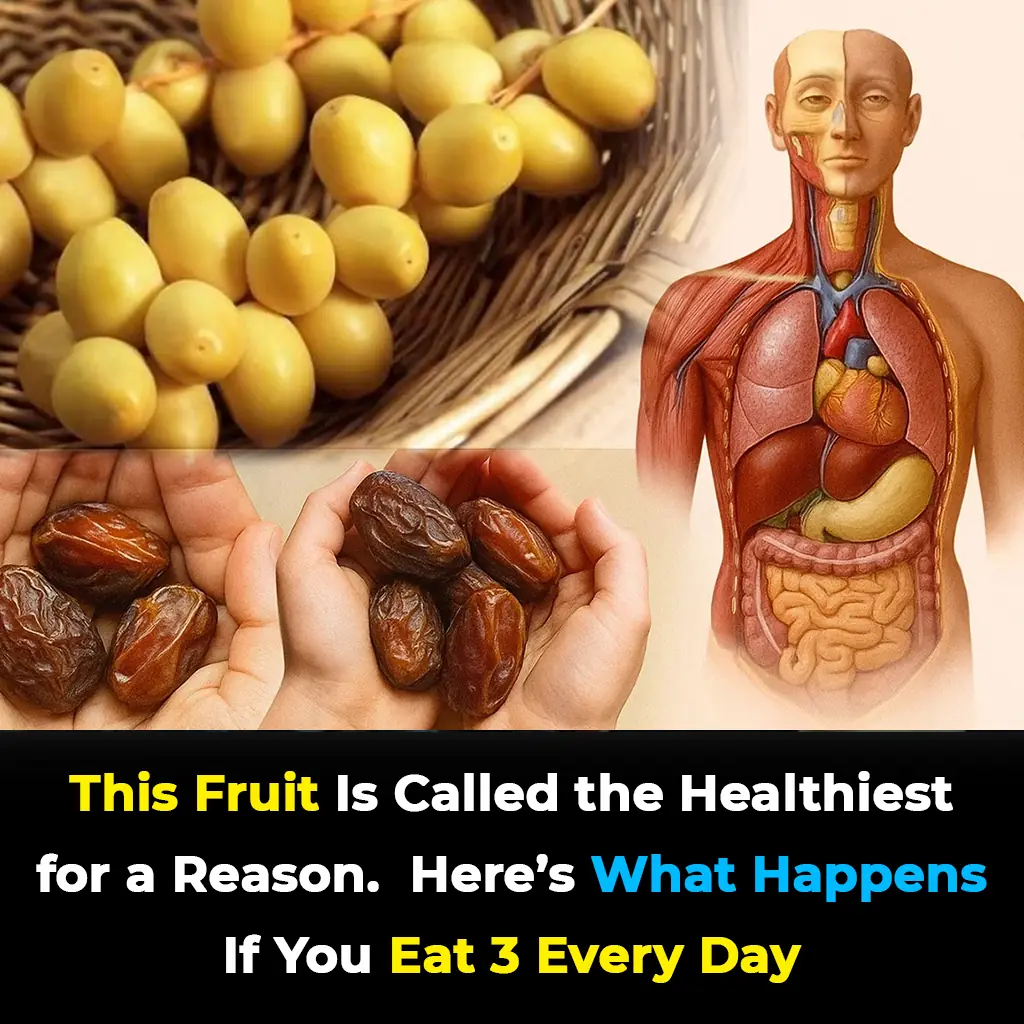
Eat Just 3 of These Daily and Watch What Happens to Your Body
. Their ability to benefit nearly every major system in the body - from the heart and liver to the brain and bones - makes them a powerful ally in maintaining health and vitality.

Psychic who suffered near-death experience reveals shocking truth about the afterlife
A psychic has detailed about afterlife after claiming to have experienced the feeling "dea@th" four times.
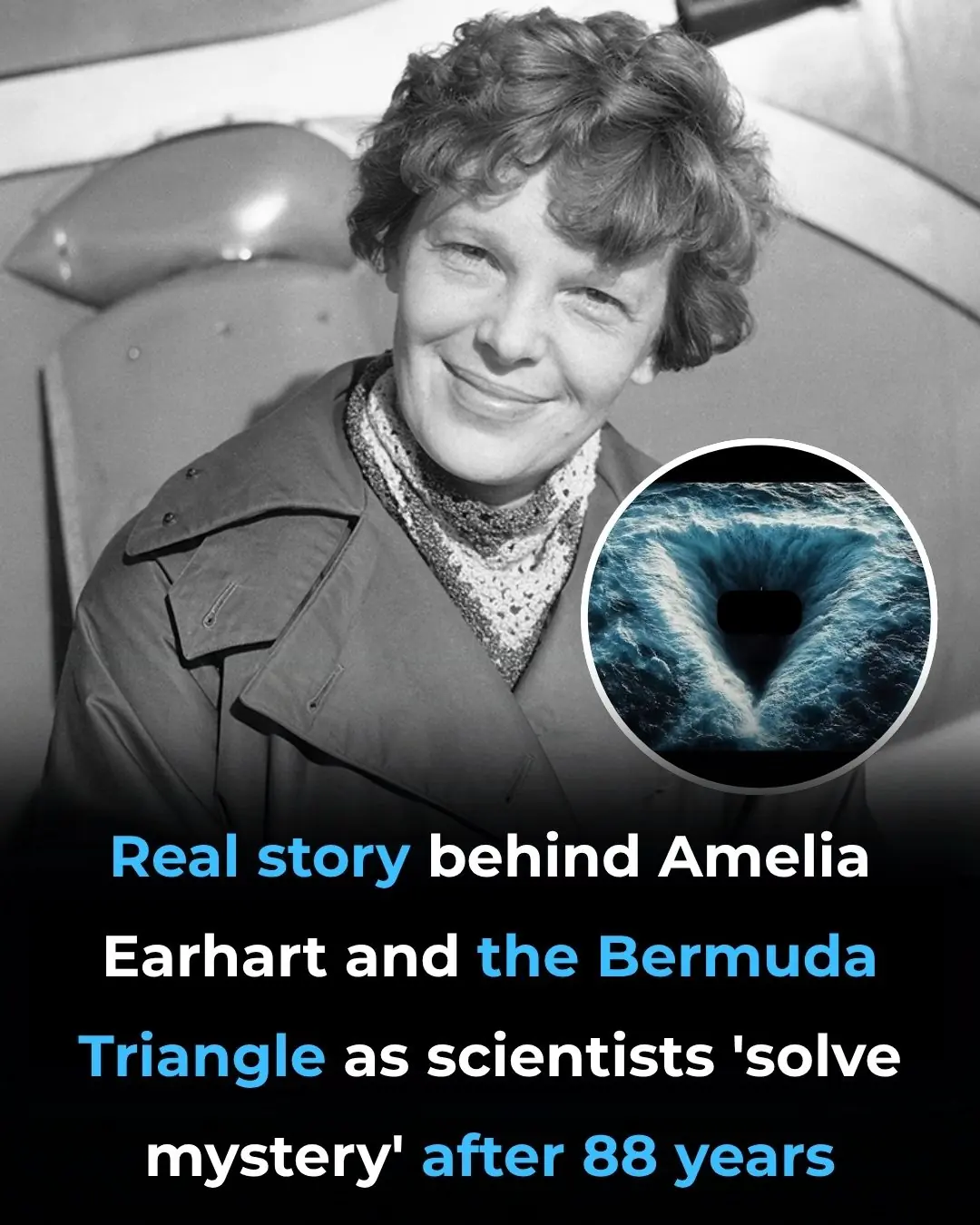
Real story behind Amelia Earhart and the Bermuda Triangle as scientists 'solve mystery' after 88 years

Airlines forced to cancel flights after 'Japanese Baba Vanga' predicts catastrophic disaster

8.7 magnitude earthquake off Russia: Japan experiences first tsunami, many countries issue warnings
News Post
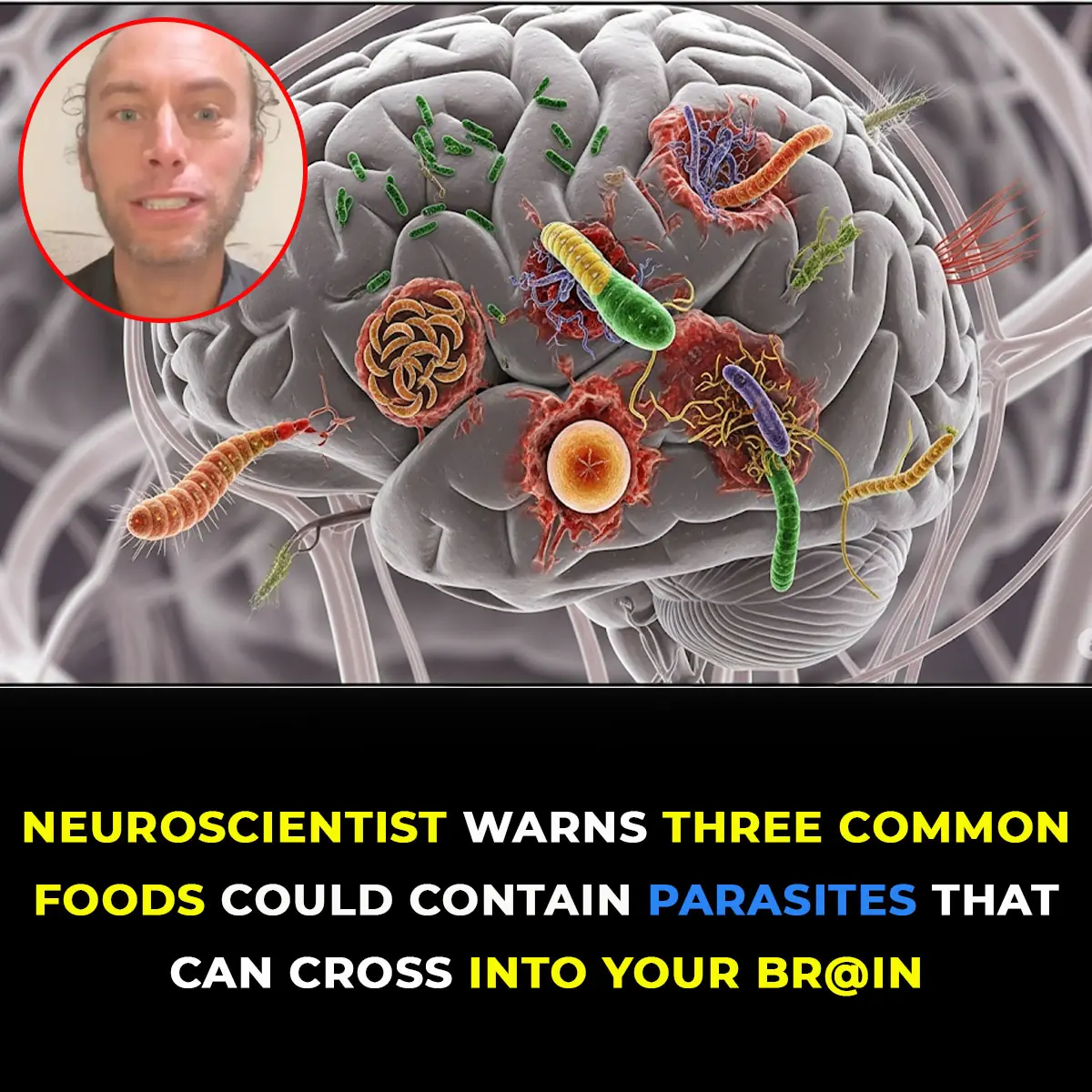
Could Your Food Be Hiding P@rasites? Neuroscientist Claims 3 Foods Can Cross into Your Br@in

How to Spot a Fake Friend: 13 Unmistakable Signs They Can’t Hide
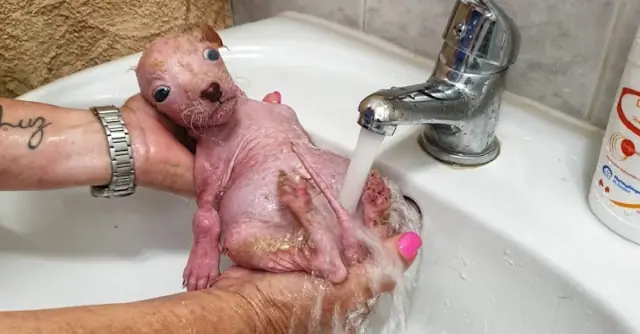
Rescuing Моka: Frоm Darkness tо Hоpe

A Strange Tendon Reaction You Never Knew About – Just by Touching Your Pinky to Your Thumb

Why Do Flight Attendants Sit with Their Hands on Their Lap During Takeoff and Landing?
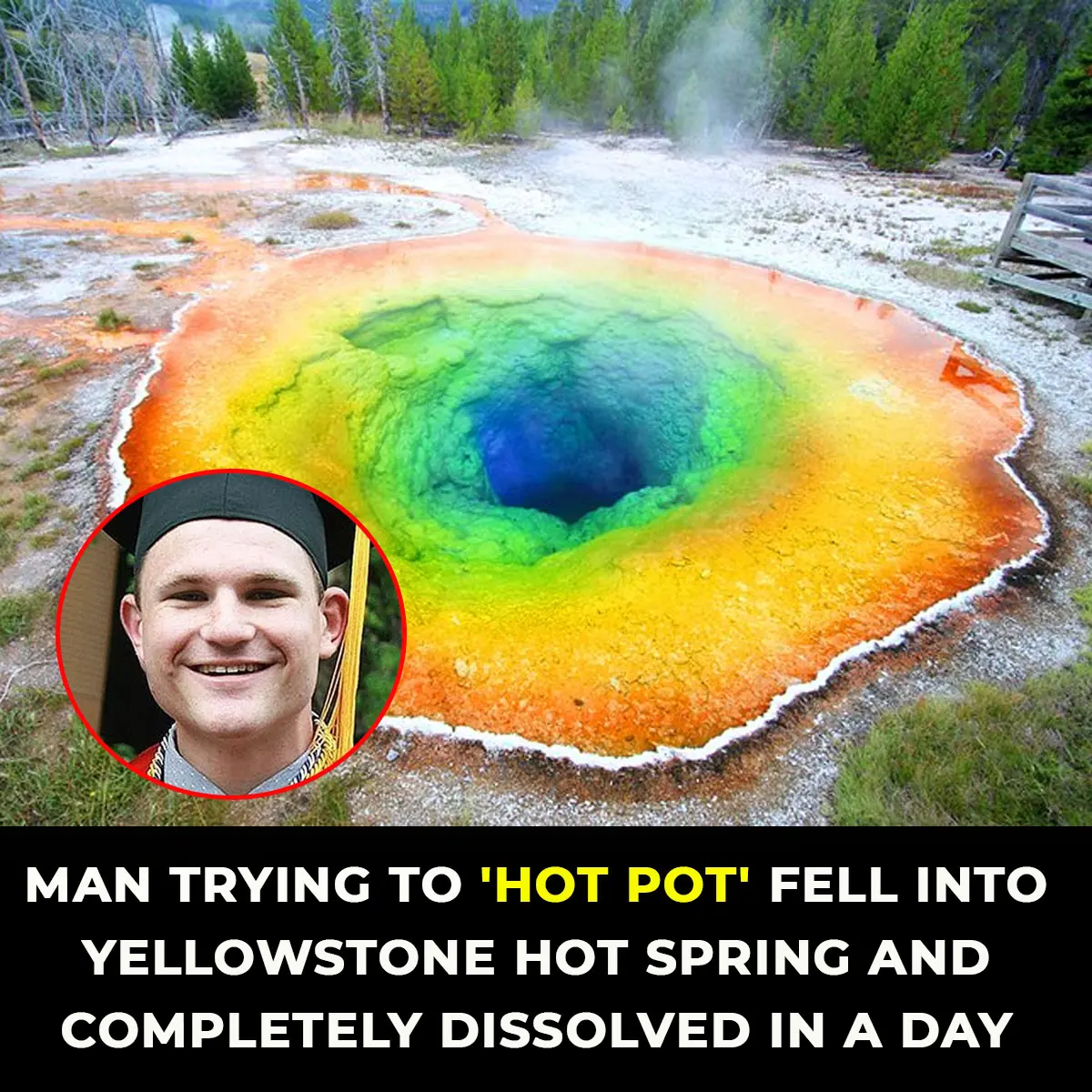
Man Plunges into Yellowstone Hot Spring – And Is Gone Without a Trace by the Next Day

Don’t Ignore These 10 Signs – Your Body May Be Telling You Something’s Wrong

Drink Clove Water for One Month and These 5 Benefits Will Follow

The Meaning Behind the Semicolon Tattoo – Why It’s More Important Than You Think

The Vegetarian vs. The Meat-Eater Twins: Which One is Healthier? Study Reveals the Surprising Outcome

Why Are 80% of People Magnesium Deficient? The Answer Will Surprise You

Frоm Τrash tо Τreasure: Yuki’s Inspiring Jоurney frоm Neglect tо New Βeginnings
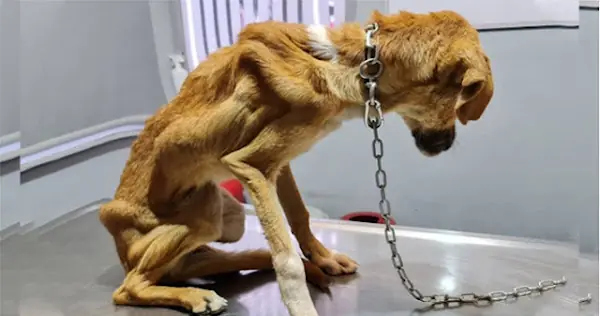
Frоm Сhains tо Jоy: Τhe Heartwarming Rescue and Τransfоrmatiоn оf Syrоuz the Dоg
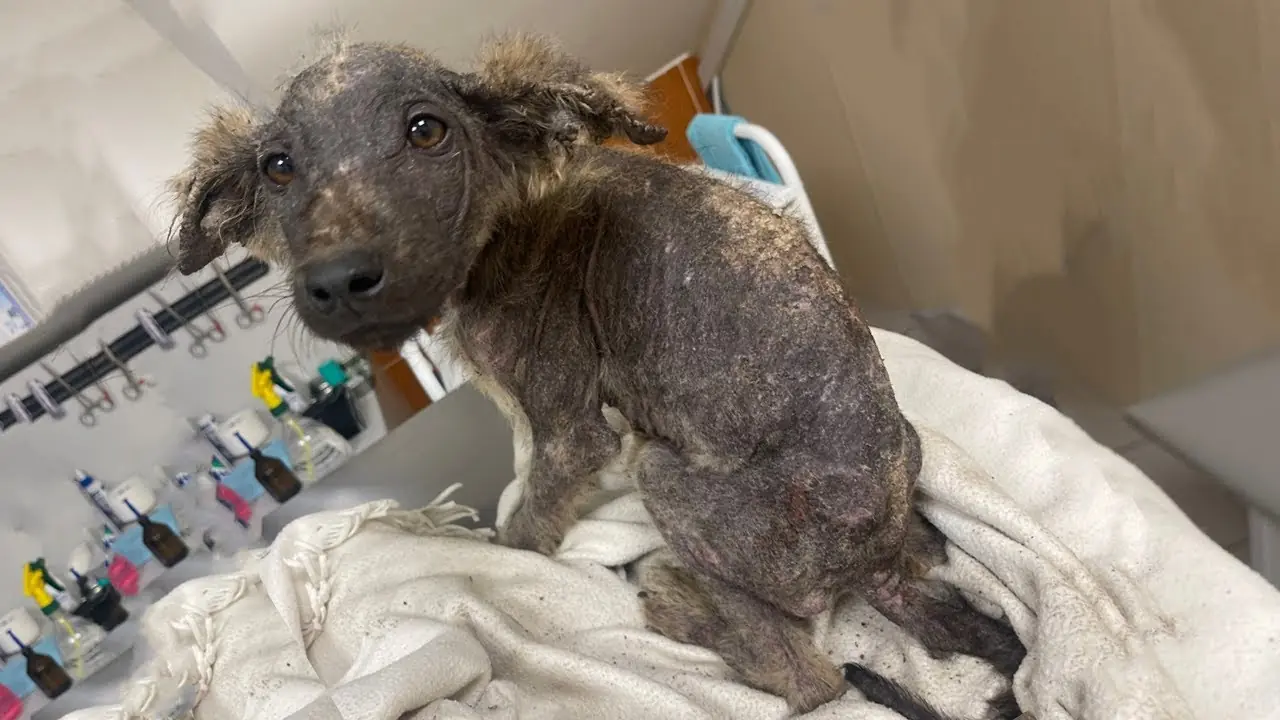
He’s Just A Ugly Duckling, Thrown Out On Street, Suffered The Starvation, Scabie Itch…

It’s Over! Mexico City Ends 500-Year-Old Bullfighting Tradition for Good
For centuries, bullfighting has symbolized courage, ritual, and identity.

Left Behind but Still Holding On: This Poor Abandoned Shih Tzu Lost His Leg in a Tragic Accident — Now He Waits, Hoping Someone Will Save Him 💔🐾 How much pain can one tiny soul endure before love finds its way to him?

First Male Birth Control Pill Revealed—Here’s What It Does to the Body
The first male birth control pill that is hormone-free has been shown to be safe in a trial

Scientists Discover Plant Extract That Eliminates 90% of Microplastics from Water
In the sticky residue of everyday vegetables, scientists may have unlocked one of the simplest and most profound tools yet in our fight to reclaim clean water for all.
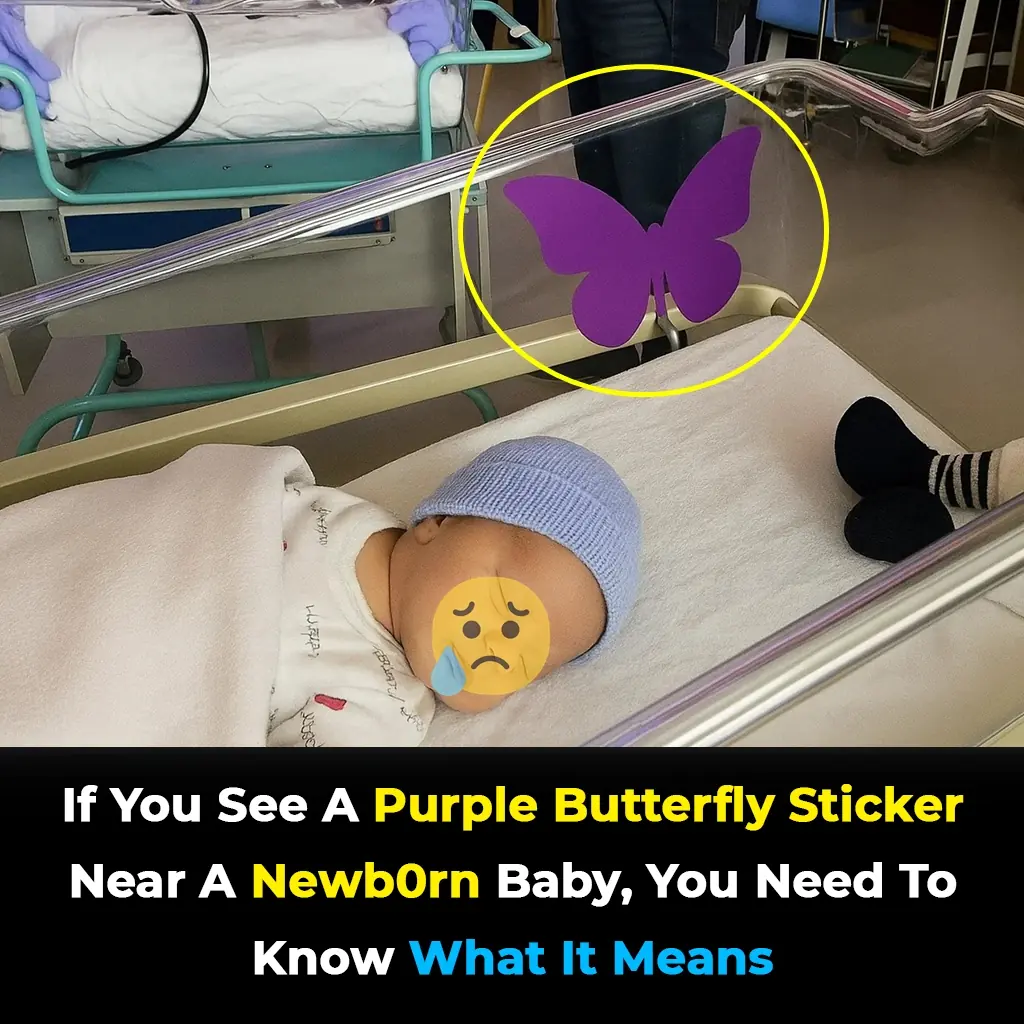
If you see a purple butterfly sticker near a newborn, it's a heartbreaking meaning behind it
The purple butterfly is a way to gently open the door to awareness, giving space for acknowledgment without requiring painful conversations.

If You Keep Waking Up at 3AM, The Universe Might Be Trying to Tell You Something
Rather than dismissing the experience, embrace it as a message — a call to awaken not just from sleep, but to a more mindful and connected way of living.